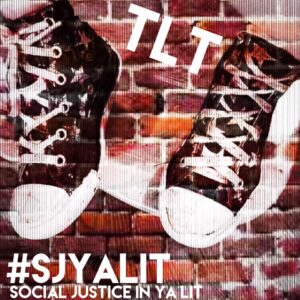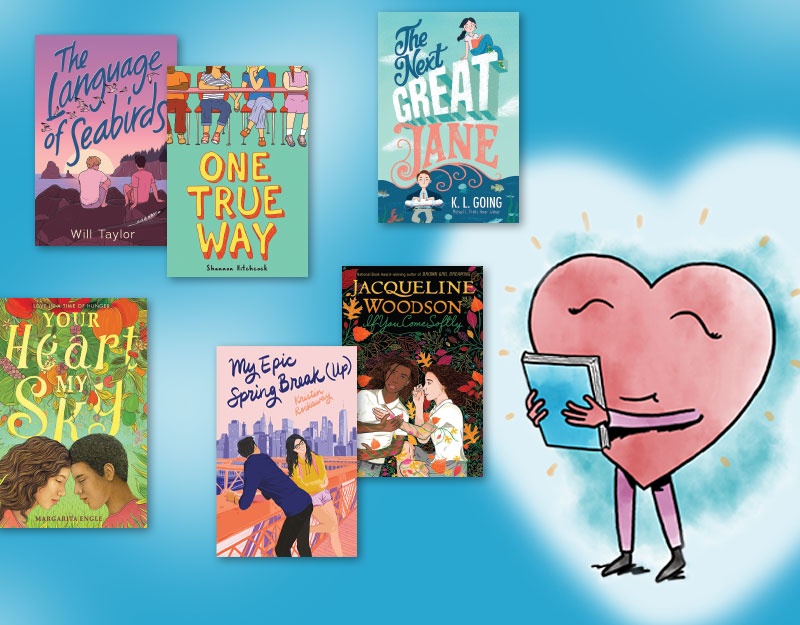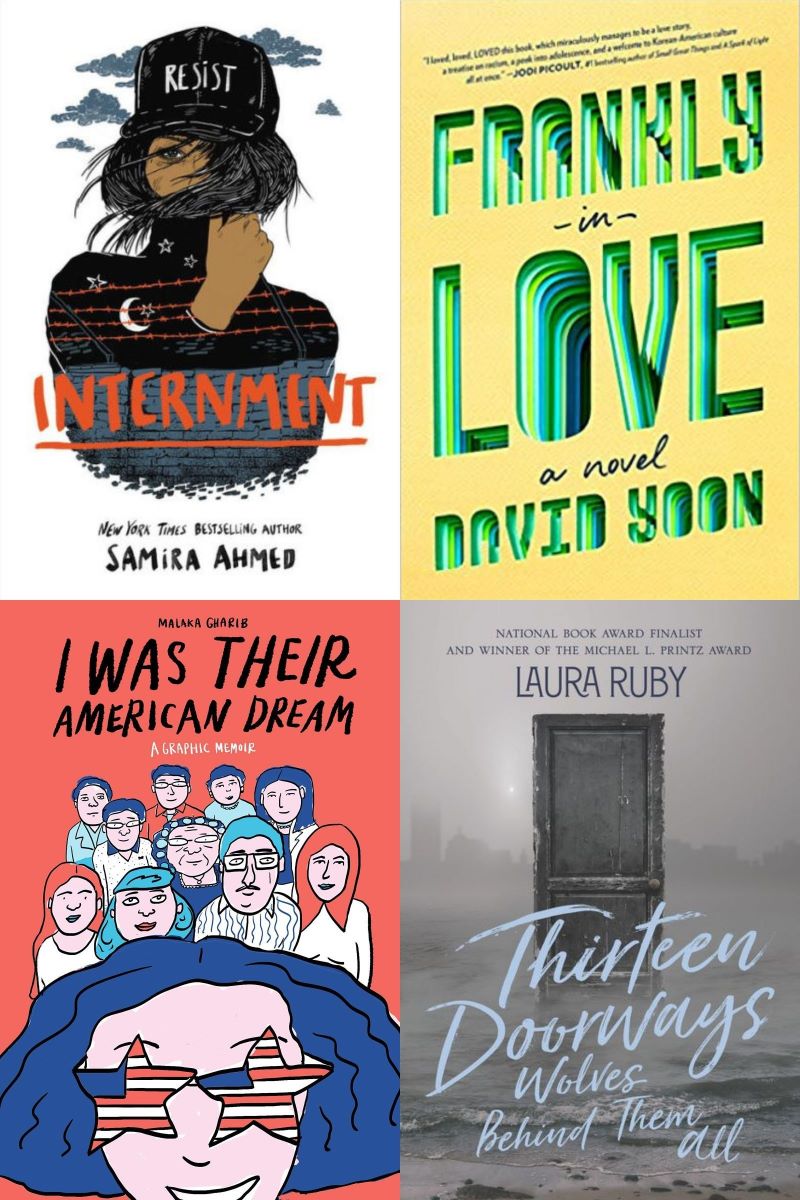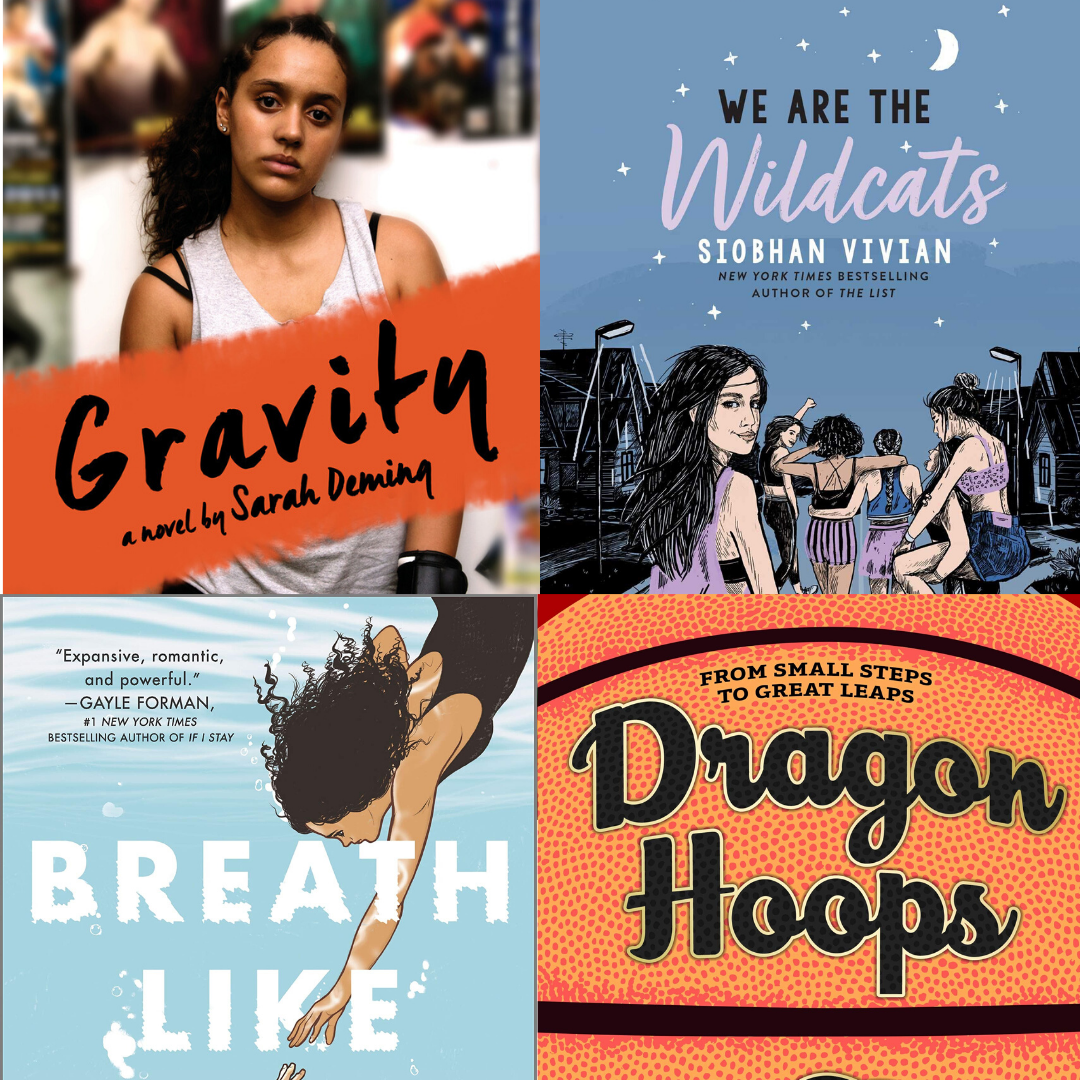#SJYALit: Talking About the Right to Die with Dignity, a guest post by author Kelley York
Today as part of the #SJYALit Discussion, we are honored to present to you author Kelley York discussing the topic of euthanasia, or death with dignity.
Around the beginning of the year 2000, I got stuck taking a speech and debate class in high school. Taking an anxiety-prone, self-conscious teenager and telling them to stand in front of a class and give a speech? Recipe for disaster. Except I found when it was a topic I was passionate about, I could forget the nervousness and really get into it. The debates, especially. One of the first debates we held was about human euthanasia.
With how much it’s been in the news, I imagine most people know what it is. But for those that don’t: in 1997, the Death with Dignity Act passed in Oregon state. This act said that a terminally-ill person had the right to choose to end their own life with the use of a lethal dose of physician-prescribed medications. A similar act passed in California not all that long ago.
ADVERTISEMENT
ADVERTISEMENT
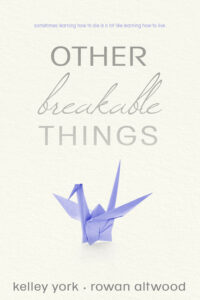
Discussing this topic is hard. It’s emotional. Death itself is something many Americans have a difficult time discussing. We don’t acknowledge that there’s an epidemic of doctors who are so desperate to “do no harm” that they’ll seek more and more treatments long after treatment simply isn’t conducive to a happy life. They don’t know how to tell their patients, “I’m sorry, but at this point, there’s nothing we can do.” So much focus is put on terminal patients surviving that we aren’t stopping to think about whether they’re living. Quality of life is disregarded. Suffering is seen as a better option to suicide.
In my years since that speech and debate class, I’ve found myself arguing this topic with many people, in person and online. I’ve yet to see any argument against euthanasia that even begins to sway my opinion.
This should be a thing everywhere, accessible to everyone.
A number of years ago, my Grandpa was diagnosed with Alzheimer’s with dementia. I always thought that part of why he and my Grandma chose to live in Oregon was so they had that option of the DwDA should they need it, but a number of years ago, they moved back to California to be closer to their kids, grandkids, and great-grandkids. We had many great years with him that I’m thankful for; not many people my age got to have such close bonds with their grandparents. It was common knowledge that Grandpa was terrified of falling ill. Or more accurately, of becoming a burden on those he loved, of having to wear diapers and be taken care of.
Watching Grandpa, who had always been the strong patriarch of the family, lose himself and forget who we were was one of the hardest things I’ve ever gone through. He often thought I was an employee at his business. He packed up his things and set them on the curb. He helped decorate the house around his last Christmas, only to then no longer recognize the house as his and kept trying to leave. He grew agitated whenever my Grandma was absent, because even when he couldn’t remember who she was, he still knew he wanted her there, even at the very end. We watched him wither away into this shell of a man, and all I could think was, “Grandpa was terrified of this.”
My Grandpa passed away in April of 2016.
California’s End of Life Option Act didn’t go into effect until June of 2016.
So close and yet so far. I wonder if he would have taken the option, if it’d been presented to him. I wonder if it would have spared him whatever horrors a person with Alzheimer’s goes through in those months and years where they’re trapped in their own minds. Unfortunately, I’ll never know and neither will he.
Much is stripped from a person as they die: their energy, their dignity, strength, and time. And sometimes it’s for nothing more than a few extra months of being sick in bed. One of the kindest things anyone can do for a dying loved one is to truly listen to what they want and not just what they’re doing for the sake of their family. More importantly than that, to respect those decisions. To let them know when they’re tired, and when one more treatment that might buy them some time is presented, they don’t have to feel obligated to take it. It’s okay to hold their hand and say, “Whatever you want to do, I’m here for you.” If a person has tied up their lose ends and wants to have control of one last thing in their life, shouldn’t we grant them that choice?
ADVERTISEMENT
ADVERTISEMENT
Long story short: terminally ill people only have one outcome, but multiple roads to get there. We should respect them as loved ones, as human beings, to choose which road to take.
About OTHER BREAKABLE THINGS
Evelyn Abel will fold two thousand if it will bring Luc back to her.
Luc Argent has always been intimately acquainted with death. After a car crash got him a second chance at life—via someone else’s transplanted heart—he tried to embrace it. He truly did. But he always knew death could be right around the corner again.
And now it is.
Sick of hospitals and tired of transplants, Luc is ready to let his failing heart give out, ready to give up. A road trip to Oregon—where death with dignity is legal—is his answer. But along for the ride is his best friend, Evelyn.
And she’s not giving up so easily.
A thousand miles, a handful of roadside attractions, and one life-altering kiss later, Evelyn’s fallen, and Luc’s heart is full. But is it enough to save him? Evelyn’s betting her heart, her life, that it can be.
Right down to the thousandth paper crane.
(Entangled Teen, April 2017)Filed under: #SJYALit
About Karen Jensen, MLS
Karen Jensen has been a Teen Services Librarian for almost 30 years. She created TLT in 2011 and is the co-editor of The Whole Library Handbook: Teen Services with Heather Booth (ALA Editions, 2014).
ADVERTISEMENT
ADVERTISEMENT
SLJ Blog Network
2024 Books from Coretta Scott King Winners
The Ultimate Love Letter to the King of Fruits: We’re Talking Mango Memories with Sita Singh
Double Booking | This Week’s Comics
Parsing Religion in Public Schools
ADVERTISEMENT


